10 Questions for Jessica Kruger of Luxtra
All Images: LUXTRA
A luxury vegan leather handbag that turns heads. Does such a unicorn exist? Luxtra are disrupting the handbag market, making vegan ethical too. We asked Founder Jessica Kruger 10 Questions to find out.
There is no shortage of vegan leather alternatives available on the market, however most are not made well, or ethically. So if being vegan is an important lifestyle choice for you, we implore you to choose your apparel carefully. You can read our investigation into plant based alternatives to fake leather here. Luckily for us, there are much better ethical vegan leather options available than a few years ago. A great place to start would be with LUXTRA. And not just because it’s a gorgeous, stylish, London based brand, but because the Founder is actively making a difference. We asked Jessica Kruger 10 Questions about her bag brand LUXTRA, to find out what it takes to be the vegan brand with the planet as it’s inspiration.
The Vendeur: Can you give us a little detail about your background? What lead you to begin your own business?
Jessica Kruger: I grew up in Sydney and moved to Europe when I was 20. I lived in a few different cities and moved to London in 2013 to start my first business, ETHOS – a meat-free restaurant in central London. I started ETHOS because I had recently become vegan and found it so enervating eating out. It was either a boring pasta or a green salad.
I built up ETHOS and then sold my share in 2016. I found it tough to get a job actually, perhaps because my career path is so non-linear. In any case, I decided that my best option was to take control of my career and start my own business again. I chose fashion because it is a product that I understand and use myself. At the same time it’s an industry that needs a lot of change to make it more eco friendly. So I set about creating LUXTRA.
TV: A lot of high street brands offer ‘cruelty free’ leather options. What makes a Luxtra bag more sustainable?
JK: Indeed – and it’s a great thing that cruelty-free is becoming mainstream. High street vegan/cruelty free options are very likely to be made from virgin materials that are often simply plastic. There are not many brands that do cruelty free and eco-conscious products well. At LUXTRA we use materials that are made from by-products from agriculture. This means we put to use materials that would otherwise go to waste and therefore reduce the amount of new materials used. Being truly “sustainable” is a long journey though – we still have a way to go.
TV: You use a lot of fruit leathers in your designs. Can you tell us more about them and why they make a great alternative to real leather?
JK: They’re a great alternative to leather because they look chic and have been made with natural materials that are considered “waste products.” For example, we work with Piñatex (often referred to as “pineapple leather). Piñatex is made from the leaves left over after you harvest the pineapple fruit. Normally those leaves would be burned, but Piñatex uses these leaves to create a material from which we make our products. We’ve also started working with a mango-based “leather”… super excited for those products to go live – hopefully in the next month or two.
TV: Are there any other new vegan leather innovations on the horizon that we should watch out for?
JK: There really are so many. Last week I came across a company in Taiwan that makes material from coffee grounds. There are textiles being made from grapes, apples, pineapple leaves, mushrooms, banana leaves… you get the idea! It’s a really exciting space to be in.
TV: When making a bag truly vegan and sustainable, what are the other aspects you have to consider after the vegan leather? (ie: trimmings, glue, fastenings)
JK: Oh my goodness – there is SO much to consider. As I said before – being truly sustainable is a huge task as there are so many people, industries and countries involved in making a product. Trimmings, glues, fastenings as you say, all need to be considered, as does transportation methods. You should also be asking where metals (for the hardware) have been mined and by who. Have these people been paid correctly? Is there modern slavery in the supply chain? Then you think about stitching thread: where is that made, what chemicals were used to process it, how far has it travelled to the manufacturing location? These are just a few of the questions you need to ask…. it’s a HUGE process.
TV: Where and how are the bags made?
JK: Our pieces are made in Italy – just outside Florence. We create in small production runs as we’re a small business. This suits us because we don’t subscribe to the furious industry cycle of “new new new” and then heavily discount. Just today I walked past two shops that were at 70% off, and online I saw a big name platform advertising up to 80% off… I mean seriously! How is that a sustainable way of doing business?
TV: Is it difficult to make a luxury, vegan handbag covetable?
JK: Where there is a will, there is a way 🙂
TV: How do you go about designing each style?
JK: I think about what I want from a bag and design something that I want for myself. I keep my eyes peeled whenever I am walking around for ideas.
“ Business is about more than making money.” – Jessica Kruger
TV: You support a lot of charitable initiatives like 1% for the planet and dress for success. Why is it important to you to do this?
JK: Business is about more than making money. A company (like an individual) can make such a difference when they put in a little effort. I think it’s important to do what one can all the time – not just “once you’ve made it”.
TV: Is there anything you believe consumers should look out for when searching for Vegan accessories?
JK: Not so much for vegan accessories, but for any fashion item I suggest thinking about the price and looking at the manufacturing country. If a product is very cheap and it’s made in Bangladesh, unfortunately that chances are that a person in Bangladesh (likely to be a woman) has been paid a pittance to create it. I’d ask people to think about the human cost too. It’s so important to learn more about where your clothes and accessories come from. I recommend a great documentary called The True Cost. It’s a great place to start.
Did This Put A Smile On Your Face? Why Not Subscribe?
If you enjoyed this then theres plenty more on our email newsletters that you'll love. Whether you're a sustainable newbie or an eco conscious pro, our bi monthly emails will inspire you to live sustainably and ethically.
Disclaimer: The people and models in the images featured are not associated with The Vendeur and do not endorse it or the products shown. This post may contain affiliate links. Prices correct at time of publishing.

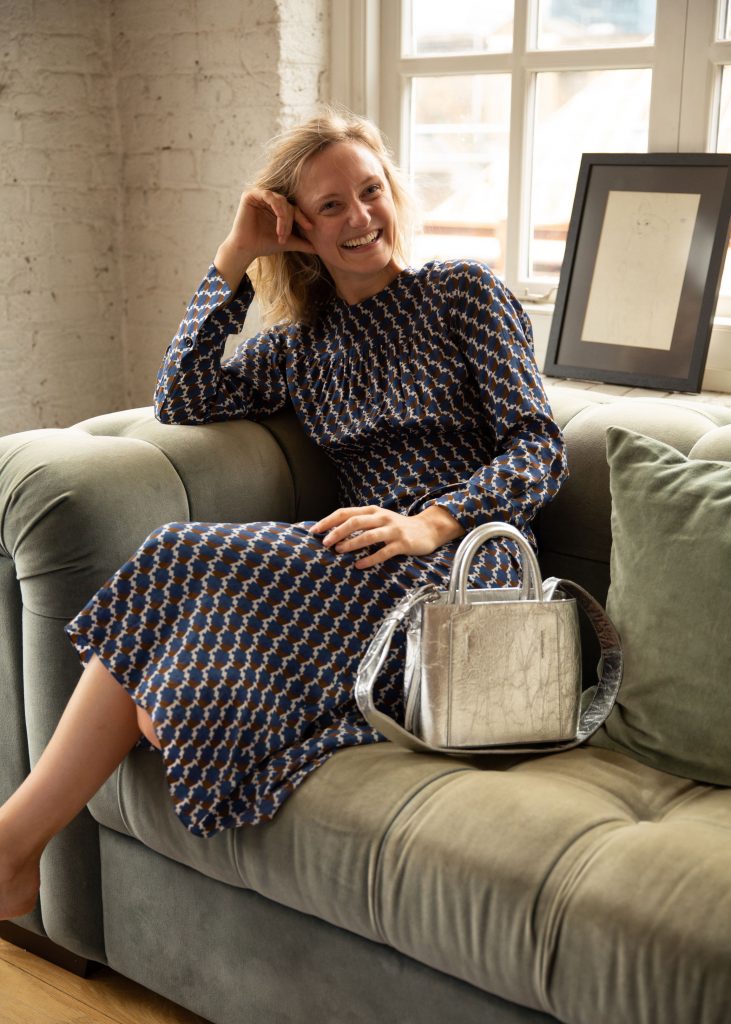
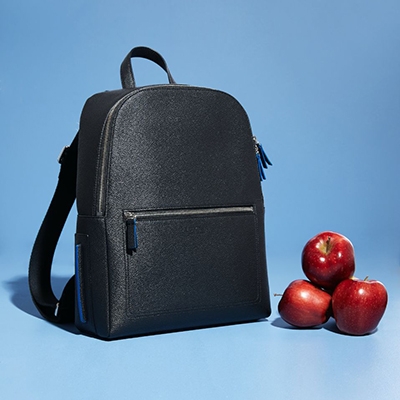
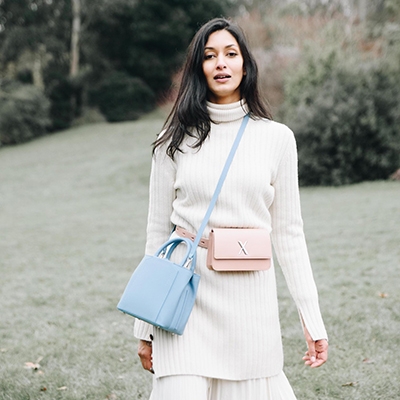
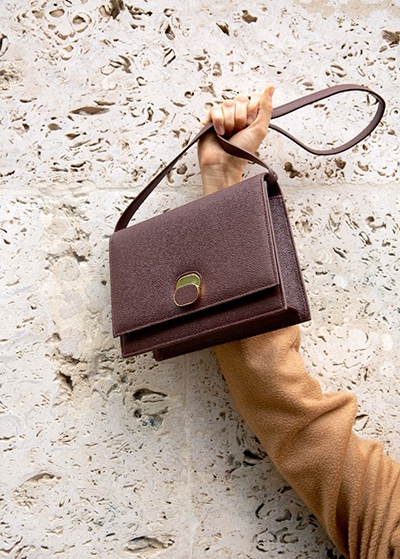
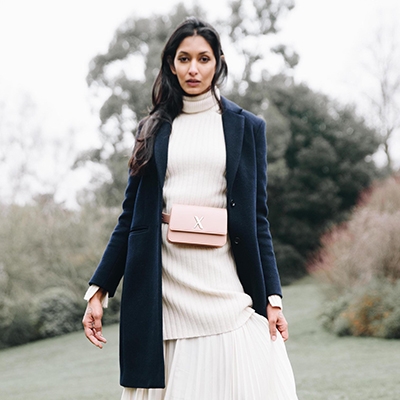
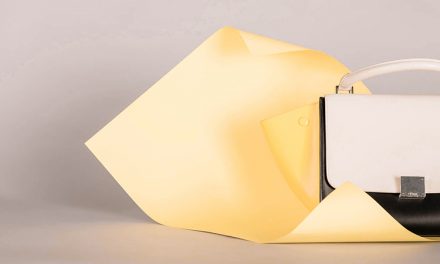
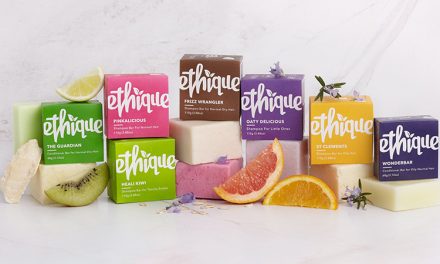
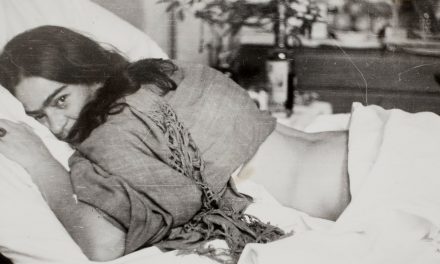
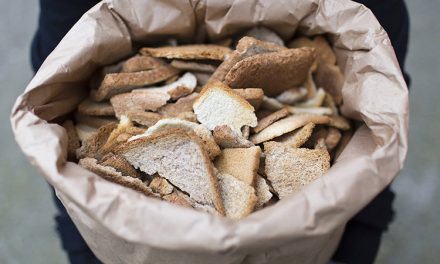
Trackbacks/Pingbacks